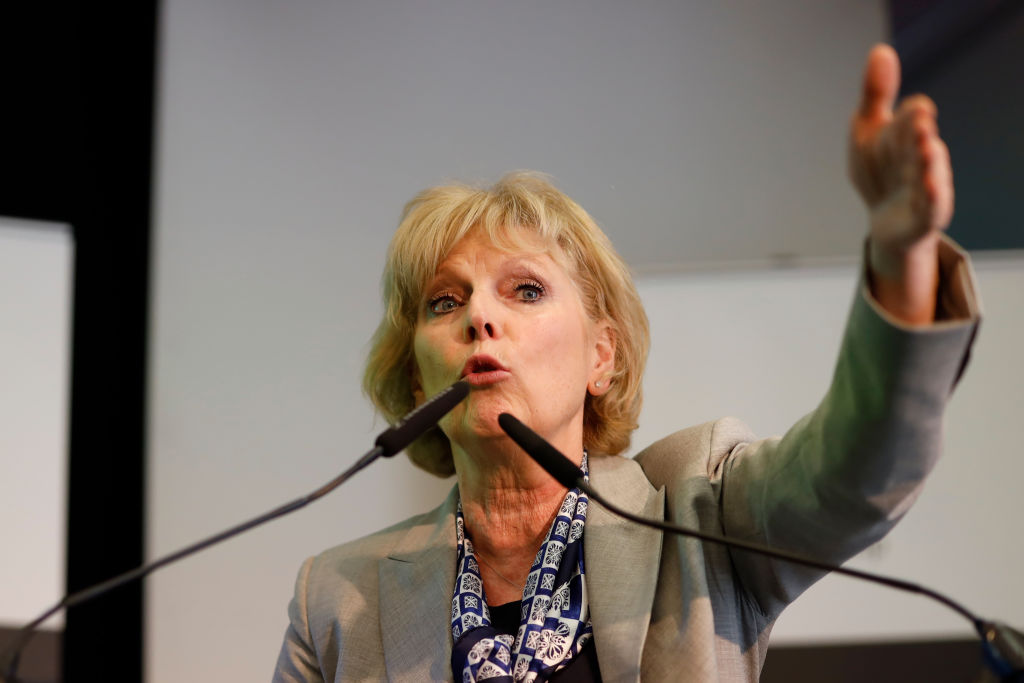Leaving your party is brave because it is a costly and painful thing to do. You risk the loss of relationships, your sense of belonging and identity, your status and your income. The eleven MPs who formed the Independent Group took those risks knowingly. They saw Conservative and Labour parties transformed by blinkered nationalism and dogmatic socialism, each of them over-run by zealots whose commitment to their ideology is exceeded only by their unkindness towards those who do not share the faith.
I remember seeing the relief on the faces of those eleven MPs back in February when they made the break. All of them seemed happier without the burden of being in a party that had ceased to feel like home. They were free to be themselves, to speak their minds, to vote with their consciences.
This week, the party that the Independent Group became – Change UK – has split. Six of the eleven have left the party. So where did it all go wrong? The answer is, that it hasn’t gone wrong at all. All eleven should hold their heads high.
The forces within Labour and Conservatives that led to the eleven leaving in February have not changed. If anything, moderates and liberals are now seen as pariahs to an even greater extent in those parties. My instinctive reaction to the formation of the Independent Group was one of excitement. Here were bright, decent, capable people who had had enough and decided to do the right thing.
I don’t feel schadenfreude at the events this week. The eleven did the right thing. And there are dozens of Labour and Conservative MPs envious of these MPs, even if they don’t envy their prospects. How can it be wrong to challenge the most unappealing duopoly in British political history? Politics needs changing, and its vital that we don’t give up trying just because one of the routes out the maze ended at a brick wall.
Was it coincidence or not that Change UK’s first election was the one that saw the Liberal Democrats make their dramatic comeback? Did Change UK’s lack of a national and local campaigning infrastructure highlight the fact that the Liberal Democrats do in fact have those things – leading those who wanted to cast a liberal, moderate pro-European vote, to look again at the Liberal Democrats?
My sense is that the return of the Liberal Democrats was aided by Change UK to some extent. The arrival of the new party was part of a search for a moderate yet radical liberal movement that eschewed dogma and sought rational, compassionate solutions to our problems.
What the Change UK experience tells us is that setting up a new party isn’t easy. What the May local and European elections tell us is that the Liberal Democrat brand is in decent health after all – it has been rescued by dogged campaigning at the local level and by our bold, clear and principled stand on Brexit.
Those of the eleven who are liberals will find a very warm welcome in the Liberal Democrats because we know what it is like to take tough decisions that come at a big personal cost. Forty eight of my friends lost their seats in 2015 because they had put the national interest before the party’s interest by joining the coalition. The 2019 elections give us hope, though, that taking a brave decision can actually lead to electoral success.
Those on the rational wings of Labour and the Conservative party who have yet to do the brave thing, can also look at the developments of recent weeks and conclude that there is now no need to find a half-way house. The Liberal Democrats can be your first port of call, and your long-term home.
The Liberal Democrats’ comeback didn’t happen by accident, it happened because we planned it and made the right decisions at the right times since our defeat in 2015. The next decision we should take is to hold out the warmest welcome to those who set up the Independent Group.





Comments